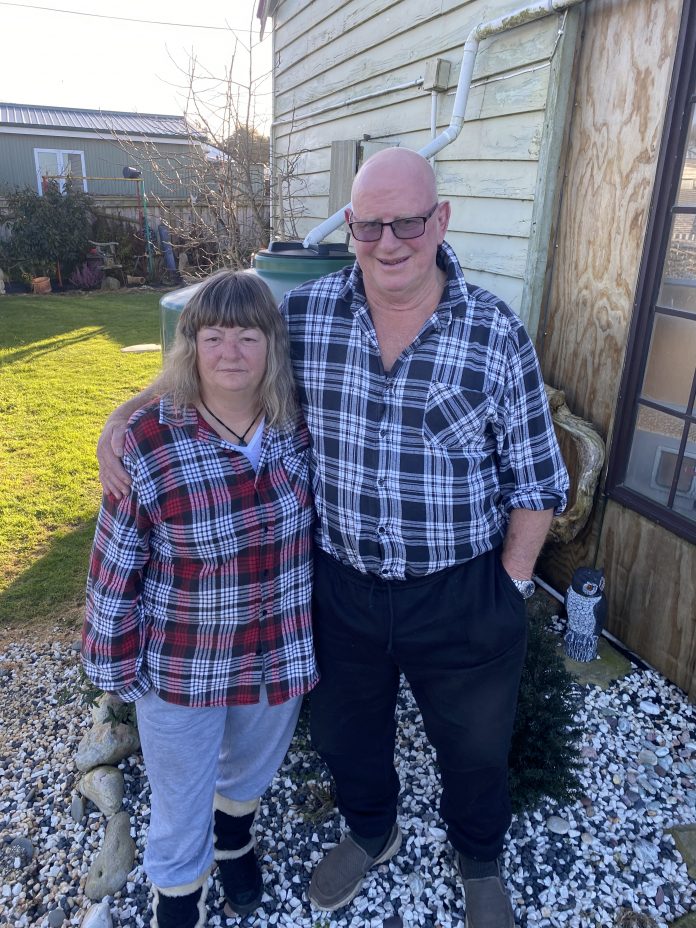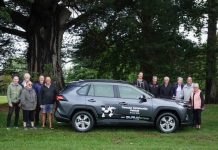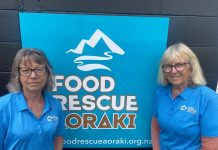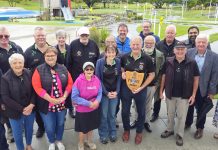
Maureen and Morris Columb first bought property at Milford Huts more than two decades ago.
With three street lamps and an unhurried way of life, the small fishing village could offer the pair what other places could not — tranquillity.
A decade ago they made the move permanent, but over the ensuing years the feeling of tranquillity has dwindled somewhat.
Mrs Columb said nothing dramatic ever really happened there, ‘‘until the weather turns to crap’’.
Then she and her husband — the Civil Defence contacts in the area — begin the process to clear the neighbourhood in time.
‘‘You live out here at your own risk,’’ she said.
Environment Canterbury natural hazards senior scientist Christopher Fauth said the Milford Huts were prone to a range of significant natural hazards, including seawater flooding and river flooding events.
Mr Fauth said the risk from those hazards was increasing gradually over time due to coastal erosion, which had shrunk the Milford Lagoon, ‘‘reducing the natural protective buffer it provides to the community’’.
He said it was likely impacts from natural hazards in the area were increased by climate change and sea level rise.
It was forcing the community to decide the future of the huts.
Mrs Columb said, ‘‘at the end of the day, it is what it is.’’
She was ever practical.
‘‘Where are we going to go?’’
With the country in the middle of a housing crisis she felt there was already a shortage of properties.
And as to a payout, she said — with people up and down the coast in the same situation, there were not going to be helicopters ‘‘flying over head dropping donations’’.
For a lot of the residents ‘‘this is their kingdom’’.
She said while there were times when the neighbourhood was like ‘‘Coronation St on steroids’’, at the end of the day if the going got tough they would all pull together.
The couple could remember New Year’s Eve parties spent at the beach, with a small fire and deck chairs they would watch the fireworks at Caroline Bay.
‘‘If it was a stinking hot night people would stay there, while others wandered back.’’
In more recent years there had been ‘‘hut hopping’’.
Mr Columb said they ‘‘only make it to midnight now’’.
Mr Columb was a pro at smoking trout, which he swapped with the neighbour’s freshly smoked colby cheese.
Their sustainable lifestyle — away from nearby supermarkets — had them vacuum packing their leftovers to make them last. ‘‘This morning we had scrambled eggs. Well, that’s a bloody delicacy,’’ Mrs Columb said.
All she wanted was some certainty.
Mr Fauth said there was currently no significant engagement occurring on the decision of the huts’ future.
He said it was a conversation which would need to happen in future, ‘‘given the existing and projected natural hazard risks faced by this community’’.
But there was no specific timeline for it to occur.
‘‘We’d like to reassure people that no decisions on the future of Milford Huts will be considered or made without such discussion and engagement with the community.
‘‘Environment Canterbury are aware there are some residents within the Milford Huts community that want to start these conversations, which is a positive first step.’’
He felt it was important to note the challenges facing Milford Huts were not unique — ‘‘coastal hazards were impacting on development in many parts of the region, the country and even on a global scale’’.
‘‘How we mitigate this risk or take action to protect people will vary between communities.
‘‘Solutions will need to be shaped in a way that aims to meet the needs of as many people as possible, while still having open and honest conversations about what these risks mean for the future of specific areas.
‘‘There’s not a one-size-fits all approach, but what is clear is the need to protect people and places now, so we can have such conversations before communities are in a state of stress or at immediate danger from these risks.’’




